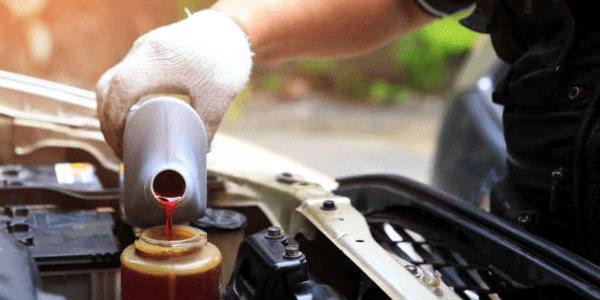What is Power Steering Fluid?
Steering fluid’s main job is to provide the hydraulic pressure necessary to operate different mechanical parts with the steering system. The fluid sits in a tank on or near your engine and is pressurised by the power steering pump. This pressure then causes the fluid to flow throughout the steering system which makes it easier to steer and gives you more control over the wheels. Another purpose of the fluid is to lubricate this system which protects it from wear and tear and reduces heat.
Can I drive without Power Steering Fluid?
While it is possible to drive without power steering fluid it is not advisable. As mentioned above the purpose of the fluid is to help with the ease and accuracy of steering and to help lubricate the steering system. If you don’t top up your fluid regularly then you risk damaging the steering pump, steering rack and pinion of your car as addition heat and friction will occur within the system.
When to replace your power steering Fluid?
It is generally advisable to change your power steering fluid every 24,000 miles or 2 Years and this is something that most mechanics will check when you are having a service. If you need to top up the fluid check the colour of liquid before doing so. If the colour is clear, amber or pink then this is fine but if it is looking brown or black then this may indicate contamination by rubber from the connecting hoses or seals which means that you should seek mechanical advise as some of the rubber components of the system may also need replacing. Finally, when filling your fluid it is better to slightly under fill rather than overfill as the fluid will expand when if heats up.


